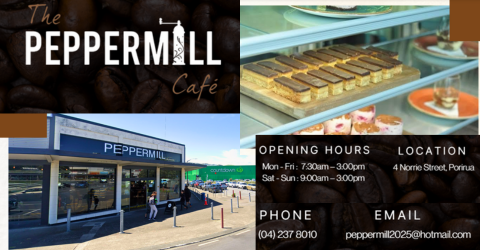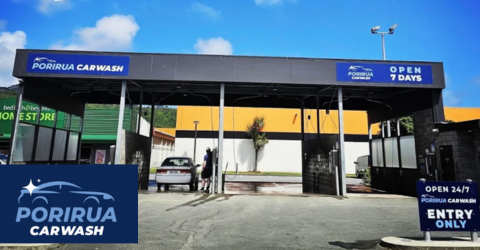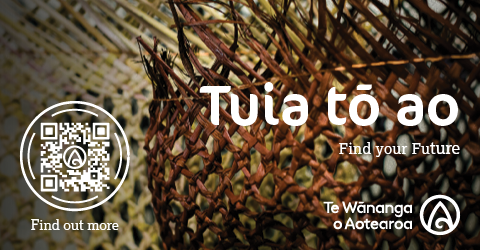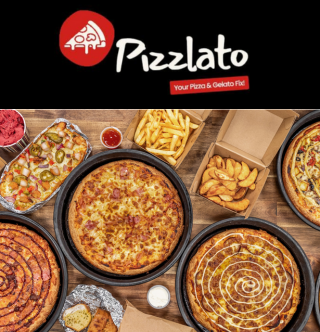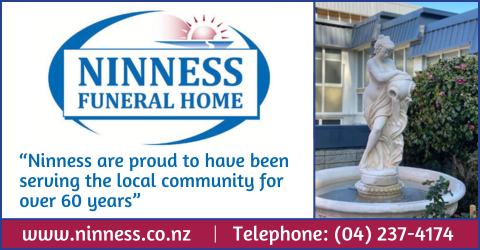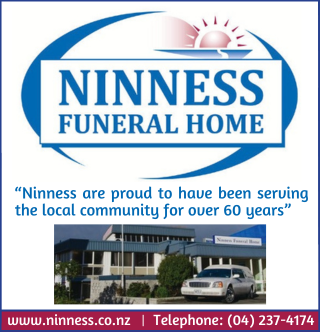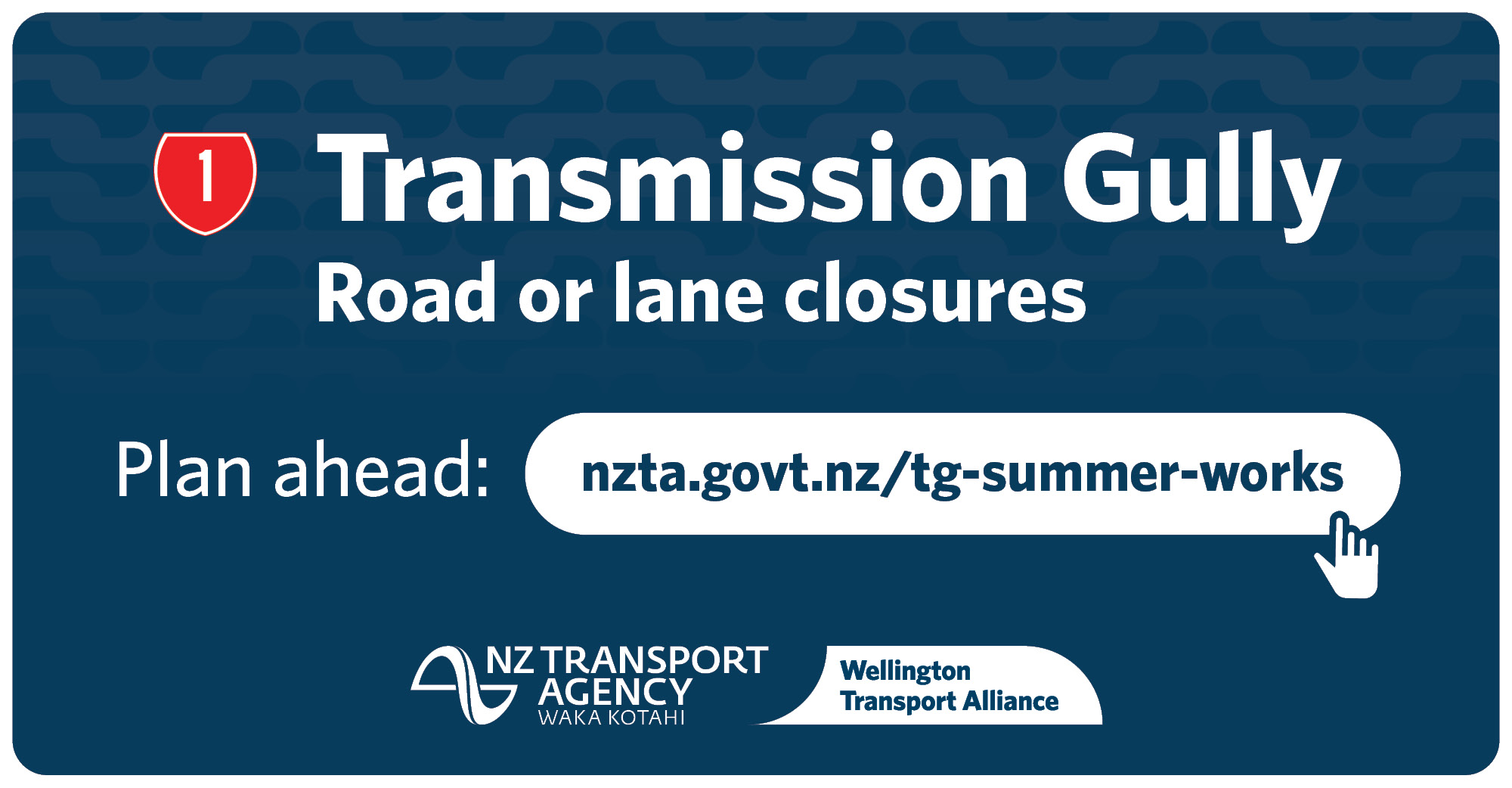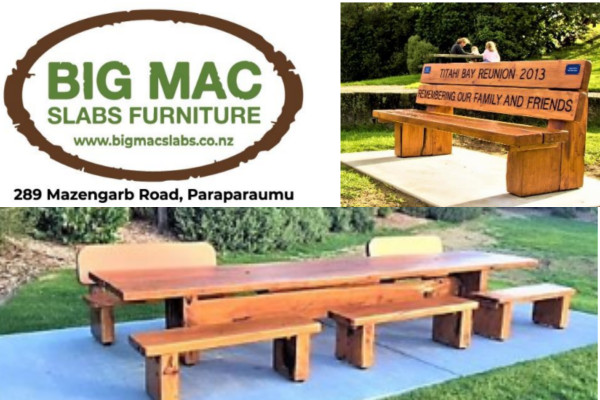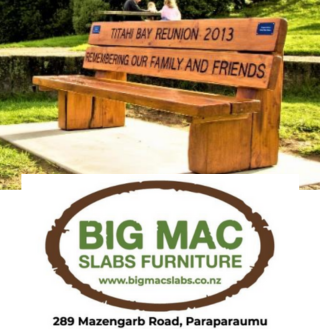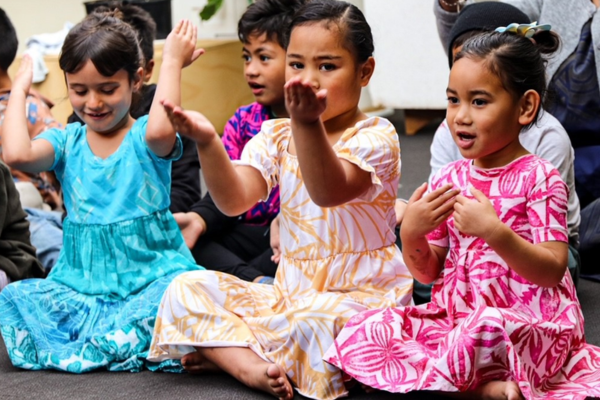
Porirua Whānau Centre has expanded its successful Ko Wai Au programme as part of the Government’s new Resilience to Organised Crime in Communities (ROCC) initiative, officially launched in Porirua last week.
The trusted community provider will now include modules focused on the social impact and risks of organised crime, particularly methamphetamine-related harm, alongside its current focus on violence prevention, anti-bullying, digital safety, and suicide awareness.
Porirua Whānau Centre CEO Liz Kelly said the programme’s effectiveness lies in its strong, authentic connection with tamariki and rangatahi.
“Our kaimahi already have strong relationships with tamariki and rangatahi,” Kelly said. “They’re firm but fair, and they bring real energy to the classroom. That makes a big difference when delivering tough messages to young people in a way that sticks.”
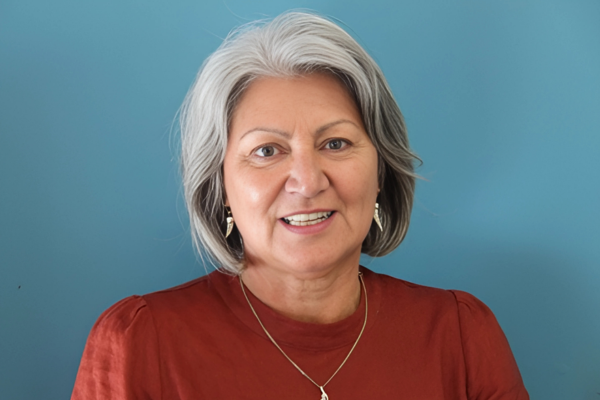
Delivered in local schools and targeting Year 5 to Year 8 students (aged 8–12), Ko Wai Au will also offer one-on-one support for students needing extra help. These young people will be supported through the Whānau Centre’s broader wraparound services and connected with other organisations aligned with ROCC for holistic care.
Feedback from educators involved in the current programme has been overwhelmingly positive. One teacher said, “The tutors really connect and relate well to our tamariki,” while another highlighted the value of repetition: “They think about the consequences before they act.”
Kelly emphasised the role of local leadership in driving lasting change.
“When solutions are driven by people who know their community, the work goes deeper,” she said. “The trust our community has in us to create safe spaces helps deliver a strong message, and helps our young people see a future that’s free from violence, addiction and exploitation.”


